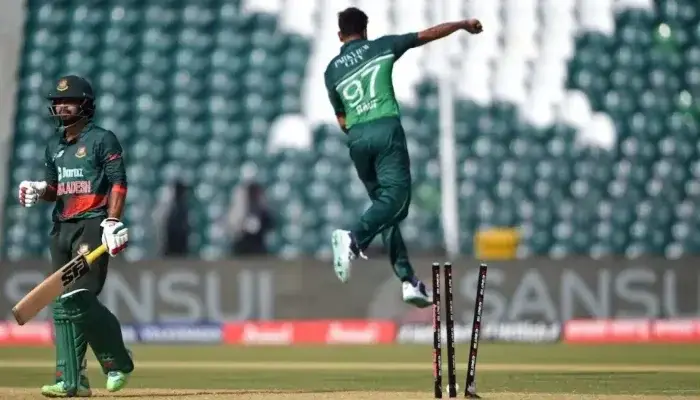
It was not until the end of July that the Asian Cricket Council announced the schedule for this month’s men’s T20 Asia Cup. The tournament had remained under a cloud of uncertainty following a four-day aerial war between Pakistan and India in May, and it was only after a conclave of the heads of the ACC that the organisation’s president, Mohsin Naqvi, who is also Pakistan Cricket Board chairperson, announced that the continental championship would be played.
Despite the announcement of a detailed schedule the next day, doubts remained. There had been calls in India to boycott matches against Pakistan after an Indian team had forfeited their group-stage and semi-final matches against a Pakistani side in the World Championship of Legends, a competition for retired players, in July.
The dust, however, settled late last month when India’s Ministry of Youth Affairs and Sports greenlit their sporting teams’ participation in multi-team events that included Pakistan.
Such are the new realities.
Cricket, of late, has become hostage to the India-Pakistan geopolitical tensions and the fate of global and continental competitions is settled at the eleventh hour. The schedule for the ICC Champions Trophy – held in Pakistan earlier this year – was announced less than two months out of the opening fixture, and, in 2023, the match details for the 50-over World Cup were made public only 100 days out of the tournament.
But, from Tuesday, cricket will take centre stage as Afghanistan and Hong Kong play the tournament opener in Abu Dhabi. India, the hosts of this Asia Cup, will play the UAE on Wednesday in Dubai.
Hi, this is a comment.
To get started with moderating, editing, and deleting comments, please visit the Comments screen in the dashboard.
Commenter avatars come from Gravatar.